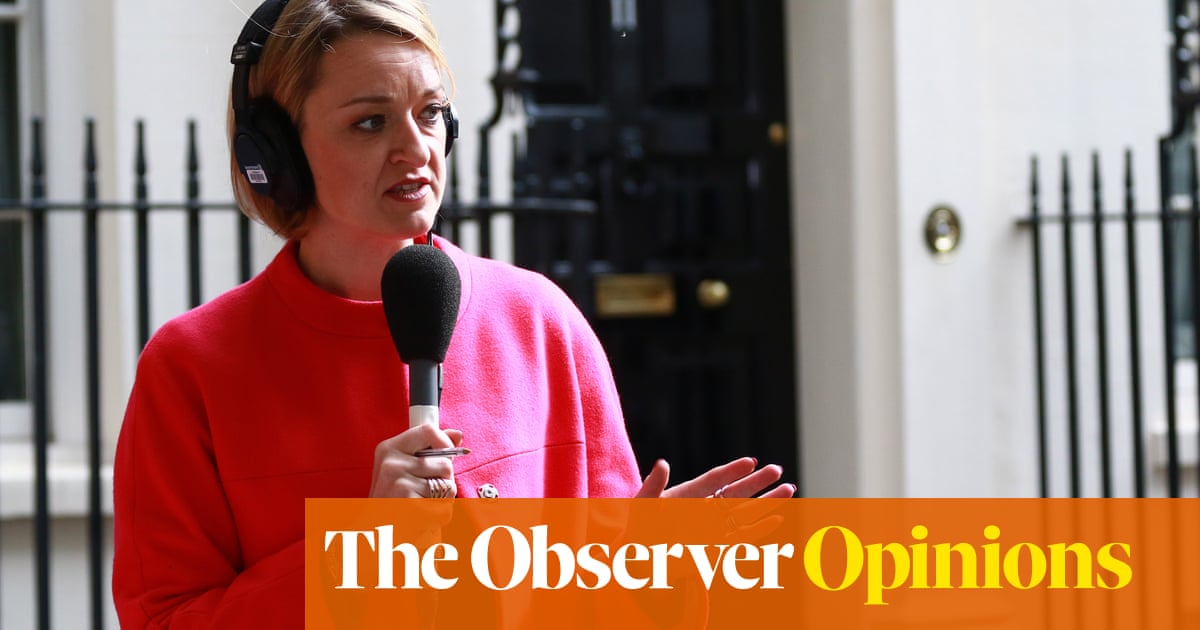
“I can’t live on the never-never and neither can this country… Austerity was a necessary evil… The unemployed will only work if they are forced to.”
No, not the sound of the pub bore, but some of the often unstated assumptions that underlie policymaking and the reporting of such policies. Two very different reports published last week, one from the BBC, the other from the Institute for Fiscal Studies (IFS), reveal, the one explicitly, the other implicitly, the significance of these submerged beliefs in shaping our lives and our perceptions.
The first report, by journalist Michael Blastland and economist Andrew Dilnot, was commissioned by the BBC board to review the corporation’s economics coverage after complaints from leading economists. Blastland and Dilnot acknowledged the quality and seriousness of BBC output. They found no evidence of “systematic political bias” but they did find something in many ways more insidious: the unreflecting acceptance of certain presumptions about how the economy and public finance works and about what constitutes “good” and “bad”.
Perhaps the most pernicious of the tacit assumptions is the almost “instinctive” belief that public debt “is simply bad, full stop”. The question of how much debt is bad, and in what context, is rarely discussed. Yet, as the report points out, looking at debt as a proportion of GDP, rather than as an absolute number, or against the background of how much repayment costs, can change perspective. And while debt today looks high if we examine just the past decade, it looks relatively low if we look at the past 70 years. “Different historical frames give a different sense of ‘high’ and ‘low’,” Blastland and Dilnot observe.
Whether debt is “good” or “bad” depends also on the alternatives. Was the austerity imposed after 2010 – slashed benefits, falling real-term wages, the closure of libraries, the cutting of public transport – a price worth paying for lower debt? The trade-offs are too rarely considered.
Come the Covid pandemic, a decision was taken that the government should borrow more to ease the pain of the economic hit. That was a political decision. So was the decade of austerity. But too often, keeping “debt under control” is presented by politicians, and accepted by journalists, as an economic necessity, not a political choice.
The irony is that another of the unstated assumptions of BBC broadcasting, Blastland and Dilnot suggest, is that more public spending is a good thing. This, too, they argue, is a contested view often portrayed as an absolute truth. Yet, because “keeping debt under control” was seen as a necessity rather than a choice, the cuts to public spending over the past decade were also seen as an unfortunate inevitability.
Such beliefs are entrenched by a common metaphor journalists use – presenting national debt as analogous to household debt. Indeed, it was the claim by former BBC political editor Laura Kuenssberg that the government’s “credit card” was “maxed out” that led to the original complaint about the corporation’s coverage and eventually to the Blastland and Dilnot report.
The analogy is false because “states don’t tend to retire or die or pay off their debts entirely” as individuals do. Nor can households print money (legally, anyway) as governments can. But it is an analogy that justifies austerity. Just as households need to trim their budget and get rid of “luxuries”, so does the nation. There go the leisure centres and libraries and buses and benefits.
Not only is reporting bolstered by hidden assumptions, but the issues considered significant are often defined by class or other biases. Consider tax. The poor have low incomes but must spend a higher proportion of them on basic necessities; the opposite is true of the rich. So, for the less well-off, indirect taxes (such as VAT) have a proportionately greater impact, whereas for wealthier people, direct taxation, such as income tax, is of greater significance. Yet coverage of tax, and not just on the BBC, is dominated by discussion of income tax; where VAT does get a mention, it is usually “reported from a business perspective”.
Similarly, with public transport. Buses matter much more to poorer people. There are more journeys by bus than by any other form of public transport and these services are significantly shaped by public spending through concessionary fares and subsidies. Trains, however, receive far more media attention. “Why might that be, do you think?” ask Blastland and Dilnot.
If the BBC report explicitly exposes hidden assumptions, the IFS report, on Britain’s benefits and tax credit system, does so implicitly, but no less devastatingly. The report tracks the outcome of successive waves of welfare changes since the late 1990s. The cumulative impact has been to encourage people into work, but also to force them into low-paid, part-time, dead-end jobs. There are today greater incentives for unemployed people to move into low-paid, part-time work than for part-time workers to move into better-paid, full-time work.
The impact of “conditionality” – the tying of benefits to job-seeking – has, in particular, been to exacerbate this process. Politicians continually talk of creating in Britain a well-trained, highly skilled, high-wage workforce. The reality is that policies pursued by successive governments have resulted in almost the opposite, encouraging, in the words of the IFS, “precisely the kind of work that tends to bring little or nothing in the way of longer-term benefits for skills, labour market attachment and wages”. Ensuring, too, that an increasing proportion of those in work receive benefits because their wages are so meagre.
The welfare system, the IFS notes, is formed from a jumble of rules and regulations emerging from a patchwork of aims. Beneath this patchwork lies, however, some basic presumptions: that the jobless must be forced to work; that any work, however badly paid, however shoddy the conditions or bleak the prospects, is a good in itself; that poverty and worklessness are the products of moral failures in the individual, not policy failures in society. So deep-rooted are such assumptions that policymakers and journalists usually notice them little more than fish notice the water in which they swim.
The pub bore one can usually ignore. The pub bore in the heart of Whitehall, in broadcasting studios and on newspapers’ front pages, one can rarely disregard. Not least because their assumptions continue to frame our lives.
Kenan Malik is an Observer columnist












